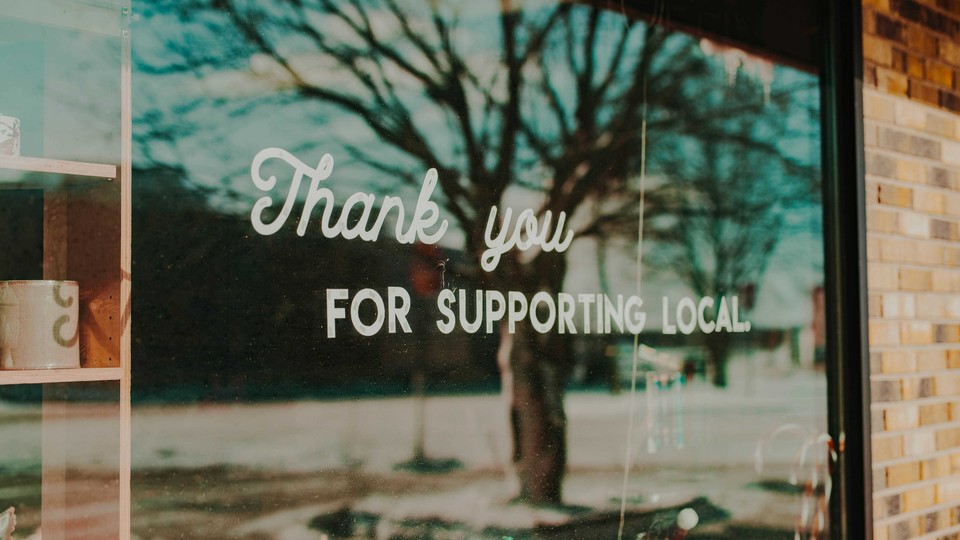
Moral Compass
Ethical Behavior Is A Teachable Skill
Based on research by Erik Dane and Scott Sonenshein
Ethical Behavior Is A Teachable Skill
- Ethical expertise — the wisdom gleaned from making moral decisions — can be an important business tool.
- Past research doesn’t show a consistent relationship between ethical decision-making and experience.
- Ethical expertise can be “convergent,” meaning that a leader has handled similar situations already, or “divergent,” meaning that the leader is applying past experience to a new problem.
CEO Ray Anderson successfully reinvented his billion-dollar carpet company, Interface, to reconcile two seemingly opposed values: profit and environmentalism. The outcome not only pleased his shareholders. It also made the word “sustainability” common parlance in the carpet business, an industry that depends on petroleum products and disposes of massive quantities of unrecyclable waste.
What possessed Anderson to do this? And what made him think it could work? He learned that it was possible.
According to a recent paper by Rice Business management professor Scott Sonenshein and former professor Erik Dane, Anderson built his eco-friendly empire after reading "The Ecology of Commerce" by Paul Hawken, which argues that only business leaders can keep industry from destroying the planet. The book spurred Anderson to develop new technologies, redesign his products and transform manufacturing to cut waste and harmful emissions.
While a string of corporate scandals has fueled research about why business leaders make unethical decisions, Dane and Sonenshein argue that it's equally important to know what makes leaders like Anderson act ethically. Can ethical skill be learned?
The answer is yes, the researchers say. Just as workers can learn computer and management techniques and then practice them, they can learn how to apply moral values in the workplace.
These conclusions back up arguments made since — antiquity, when Aristotle contended that ethics can be honed by practice. Despite several thousand years of anecdotal evidence, though, research has yielded little consensus on the relationship between ethical decision-making and experience.
In making the claim that moral judgment can be cultivated, Dane and Sonenshein divided ethical expertise into two types of skills. The first, called convergent expertise, is the ability to perform tasks reliably and repeatedly. It’s rooted in patterns of recognition and categorization. An artist with convergent skills, for instance, might be able to mimic the style of the Old Masters down to the last brushstroke.
The second type of skill, divergent expertise, is the ability to rearrange old patterns into something new, as Anderson did when he redesigned his carpet business. Employees with convergent ethical expertise are able put the values of their organization into action. Employees with divergent ethical expertise can face new moral challenges and craft imaginative solutions from scratch.
Either way, the researchers write, applying moral values to real life business is no mean feat. While it's easy enough to articulate ethics, it's another thing to apply those values when making choices that will affect productivity, profits, and shareholders. The lesson? Companies should resist the impulse to rattle off institutional standards in a few easy training sessions. Otherwise, they run the risk of trivializing complex conundrums and encouraging reliance on overly simple rules. Universal moral principles tend to be simple and abstract. CEO decisions are complex and have real-life consequences.
The idea that experience creates ethical expertise should be handled with care, Dane and Sonenshein note. The breadth of that experience, including knowledge of different industries, plays a role. So does workplace culture. Thus two employees, with the same age and job tenure, may show very different expertise levels when a moral quandary arises.
And like chess masters, employees who are highly skilled at making ethical decisions can vastly outperform their peers. In fact, research suggests, the same factors linked to excellence in chess, sports and medicine may foster ethical excellence too. The difference is that in business ethics, the feedback critical to mastery comes not from professors or coaches but from a vast range of day-to-day experiences within and outside of work.
After he read Hawken's book, the authors write, Anderson completely rethought his company’s structure. Calling his goal “Mission Zero,” he vowed to make the firm fully sustainable by 2020 by using recycled materials and renewable energy sources. Employee bonuses were linked to waste reduction. And in speech after speech, Anderson told audiences how running an environmentally ethical company had not lost money, but saved it millions. All it took was education, resolve and a highly skilled worker: a founder with ethical expertise.
There will always be some in business who take the unethical path if it looks fast or rewarding. That's also true in sports, medicine, and private and public life. Dane and Sonenshein's study, however, brings encouraging support to what Aristotle argued and Anderson enacted. At least some of the time, people choose unethical options because they don't know better. And ethical skills can be taught.
Erik Dane is a former professor and was the Jones School Distinguished Associate Professor of Management (organizational behavior) at Jesse H. Jones Graduate School of Business at Rice University.
Scott Sonenshein is the Henry Gardiner Symonds Professor of Management Jesse H. Jones Graduate School of Business at Rice University.
To learn more, see: Dane, E. & Sonenshein, S. (2015). On the Role of Experience in Ethical Decision Making at Work: An Ethical Expertise Perspective. Organizational Psychology Review, 5(3), 74-96.
Never Miss A Story


